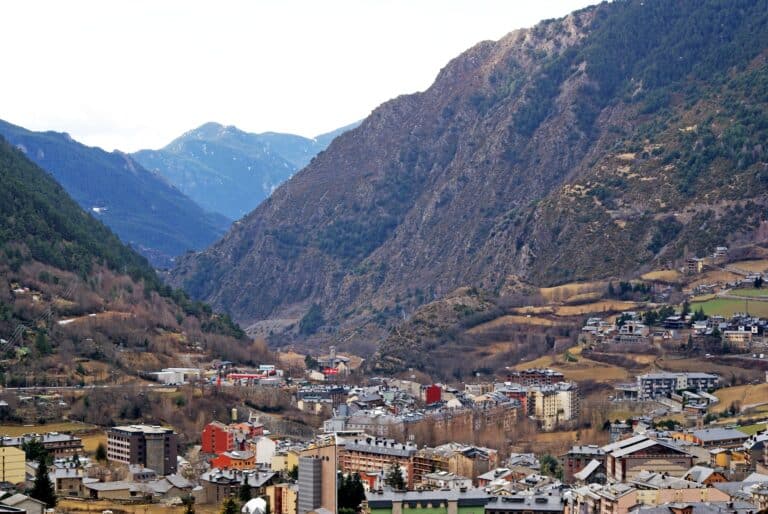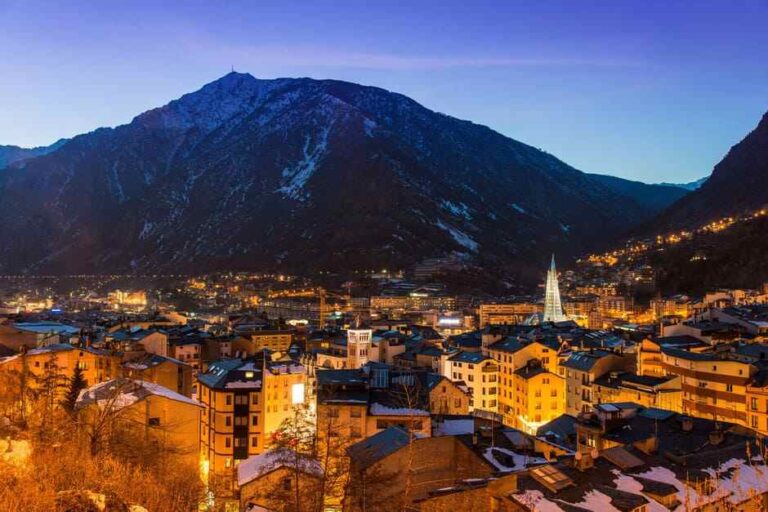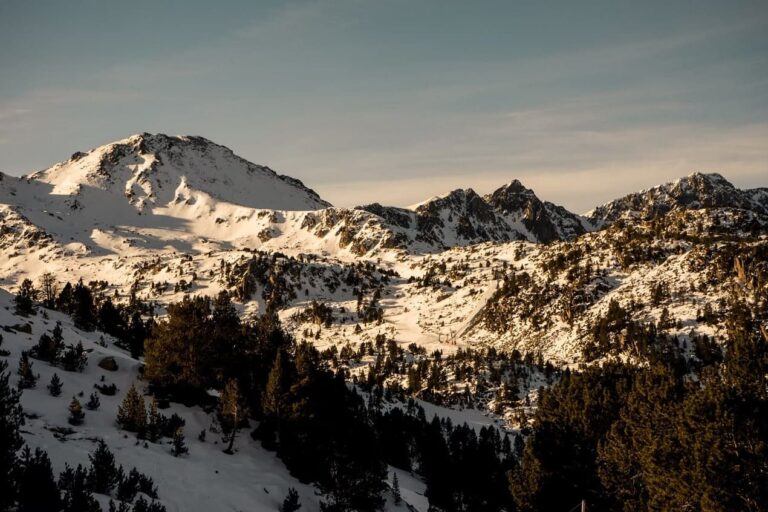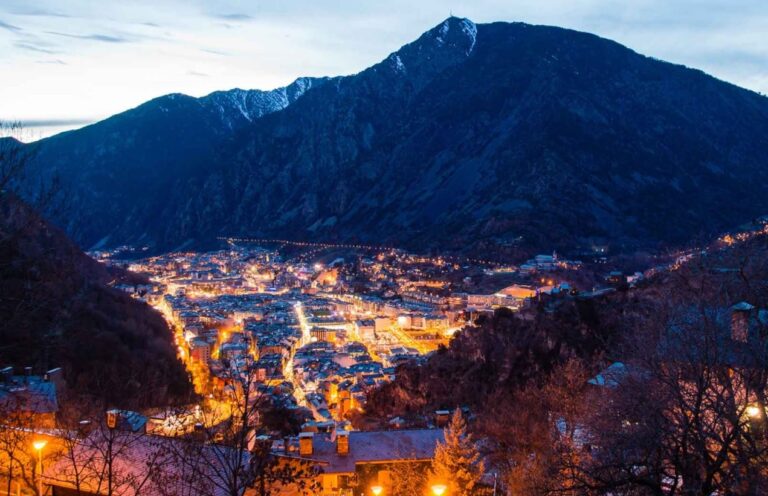Until a few years ago, there was no tax regulation as such in Andorra.
Although different tax rates have been introduced since then, they are still much lower than in other neighboring countries, which makes Andorra a very attractive place for certain profiles.
New: want to know how much you would save in taxes living in Andorra? Try our calculator.
The subject of donations, inheritance and wealth in the Principality also has very beneficial tax features, as we will see below.
Inheritance tax
In 2016, the Inheritance and Donations Law came into force, which covers and punctuates different aspects of this type of processes that were not considered before.
New report
The report “The definitive guide to living in Andorra” is now available, with detailed information on Andorra’s tax framework, residence and society.
Click here to download it for free.
For example, the law establishes that, upon the death of a person, the spouse has priority in the succession line before other relatives, and after the direct descendants. This means, for example, that the succession would correspond to the spouse, in case the deceased person had no children or grandchildren.
But the most important aspect is that inheritances in the Principality are free of any kind of taxes, as long as the deceased person was a tax resident in Andorra and made the will under Andorran law. Therefore, if the person was originally from another country, he/she would first have to have obtained Andorran residency. On the other hand, the assets must also be located in Andorra for the law to apply.
If the persons receiving the inheritance reside in another country, they may also benefit, although in each case, or even depending on the country of residence, there will be differences in the process that should be considered by a professional who handles the subject in depth.
Types of wills
There are different types of wills that can be made by residents in Andorra.
The first of these is the notarial will, which is normally written and approved by a notary, which is known as an open notarial will. There is also the closed notarial will, which is written by a testator and approved by the notary without opening the envelope.
Between these two types, the open notarial will is recommended.
Then, there is also what is called holographic will or holographic will, which is written and signed in front of the testator without taking it to a notary. This document remains in the possession of a person and will be opened after the death of the person transmitting the inheritance.
This type of will is much simpler to make for the person in life, but it can be cumbersome for the heirs at the time of succession so, once again, we insist in recommending the open notarial will.
What happens if there is no will?
If the person does not leave a will, or if it should happen that it is declared invalid, what is known as the law of reserved property can be applied. This law stipulates that the assets received by donation can return to the family nucleus (that is, to the direct heirs, who are the children and descendants) to which they originally belonged.
It is always advisable to make a living will, as it is a way to protect one’s own assets, the safety of one’s descendants, and to make sure that one’s own will is carried out.
As we have already mentioned, the completion of this procedure under Andorran law will result in benefit to those receiving the succession.
What is the figure of “the legitimate”?
Although the will is the document that establishes to whom the assets of a deceased person go, there are laws that protect direct descendants and guarantee that they receive a part of the estate that is rightfully theirs. One of these is the aforementioned reserved property law.
On the other hand, the figure of the legítima determines that at least a quarter of the value of the inheritance corresponds to the descendants.
What rights does the spouse of a deceased person have in the succession of assets?
As we commented at the beginning, Andorran law dictates that, if there are no direct descendants, the spouse has priority in the succession. However, it is important to mention that, if there are direct descendants and if the partner is not mentioned in the will (or if there is no will as such), he/she will not have the right to the inheritance.
However, there does exist what is called fourth widow, which guarantees the economic protection of the spouse in case it is proven that his or her own patrimony or income does not allow him or her to cover his or her needs.
Heirs in other countries
Depending on the country of residence of the heirs, different tax rates may apply. The type of inherited property is also an issue to consider: generally, if the heirs reside in other countries, they will have to pay taxes as established by the laws of that place.
In any case, it is necessary, according to each particularity, to specify the applicable taxes.
What are the steps or phases in a succession?
A succession process has a series of stages, among them are:
- Opening of the succession: at the moment of a person’s death, this process is opened, since the deceased can no longer be the owner of his or her estate. It is important to declare this by means of the corresponding process at the Civil Registry.
- Designation of the inheritance: the parties to which the succession of the assets corresponds are summoned.
- Delation: the different parties are empowered to accept or reject the inheritance within a certain period of time.
- Inheritance title: if the parties accept, the title where the inherited assets or estate are established is granted.
Gift tax
To the question of whether there is a gift tax, the answer is no.
This is a big plus when comparing these legal processes with those in other countries, where inheritance or gift taxes are usually very high.
As you read it: in Andorra, a person can pass on his or her assets during his or her lifetime to another person without paying any taxes.
This situation is ideal for those who prefer not to make a will and transfer their estate or part of it during their lifetime, which is possible by drafting a document through a notary who carries out the registration, taking into account, in a detailed and careful way, all the requirements established by law for such purpose.
This procedure is called “inter vivos” donation or exchange.
Once again, those who enjoy greater benefits in this matter are those persons who, if from other countries, have obtained residence in Andorra.
Wealth tax
In Andorra there is also no wealth tax of any kind, another important reason why people with considerable wealth decide to move their residence to the Principality.
This, along with many other tax advantages, makes Andorra an ideal destination for those who wish to protect their assets and enjoy unbeatable conditions.
How to obtain residency in Andorra?
If you are interested in changing your tax residence to Andorra, we recommend reading the report “The definitive guide to living in Andorra”, with the most complete information on Andorran taxation, residence and society.
For any other question, please do not hesitate to contact us.
You can contact us without obligation in the following ways:
- By sending an email to [email protected]
- Or by filling out the form below:

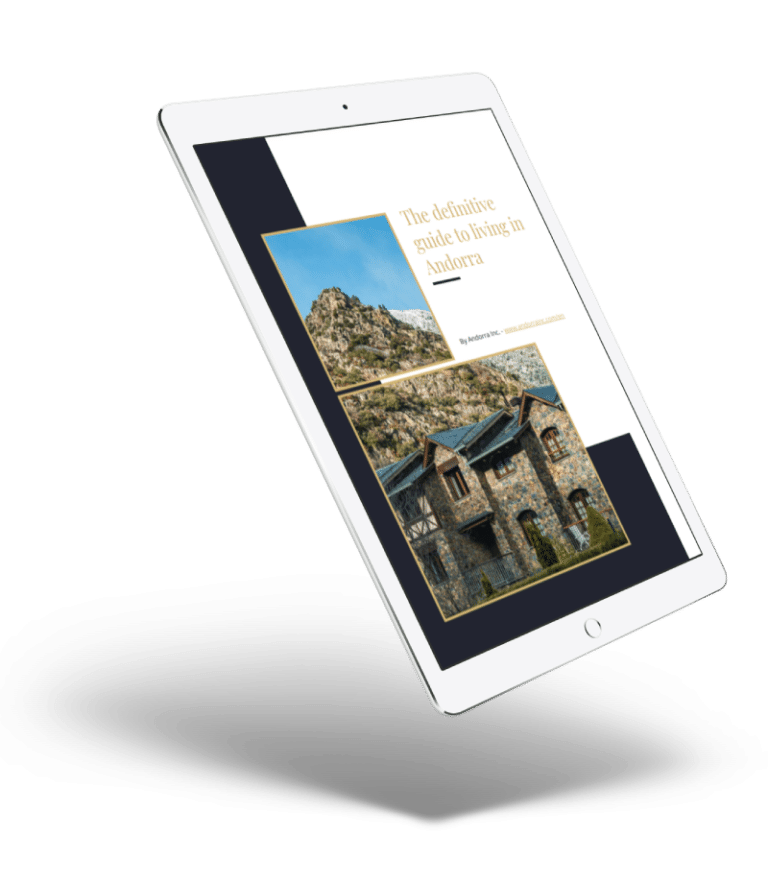
 All communications are encrypted and will be treated with absolute confidentiality. Your data will never be shared with third parties.
All communications are encrypted and will be treated with absolute confidentiality. Your data will never be shared with third parties. 
